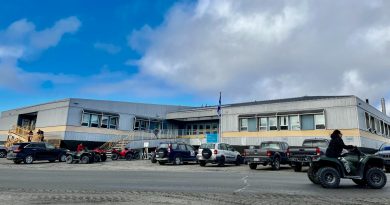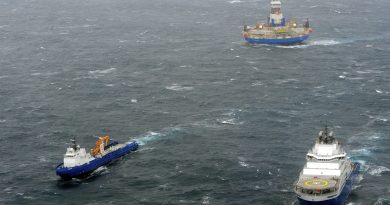Why are the US lagging behind in the Arctic? Clues emerge at Washington hearing
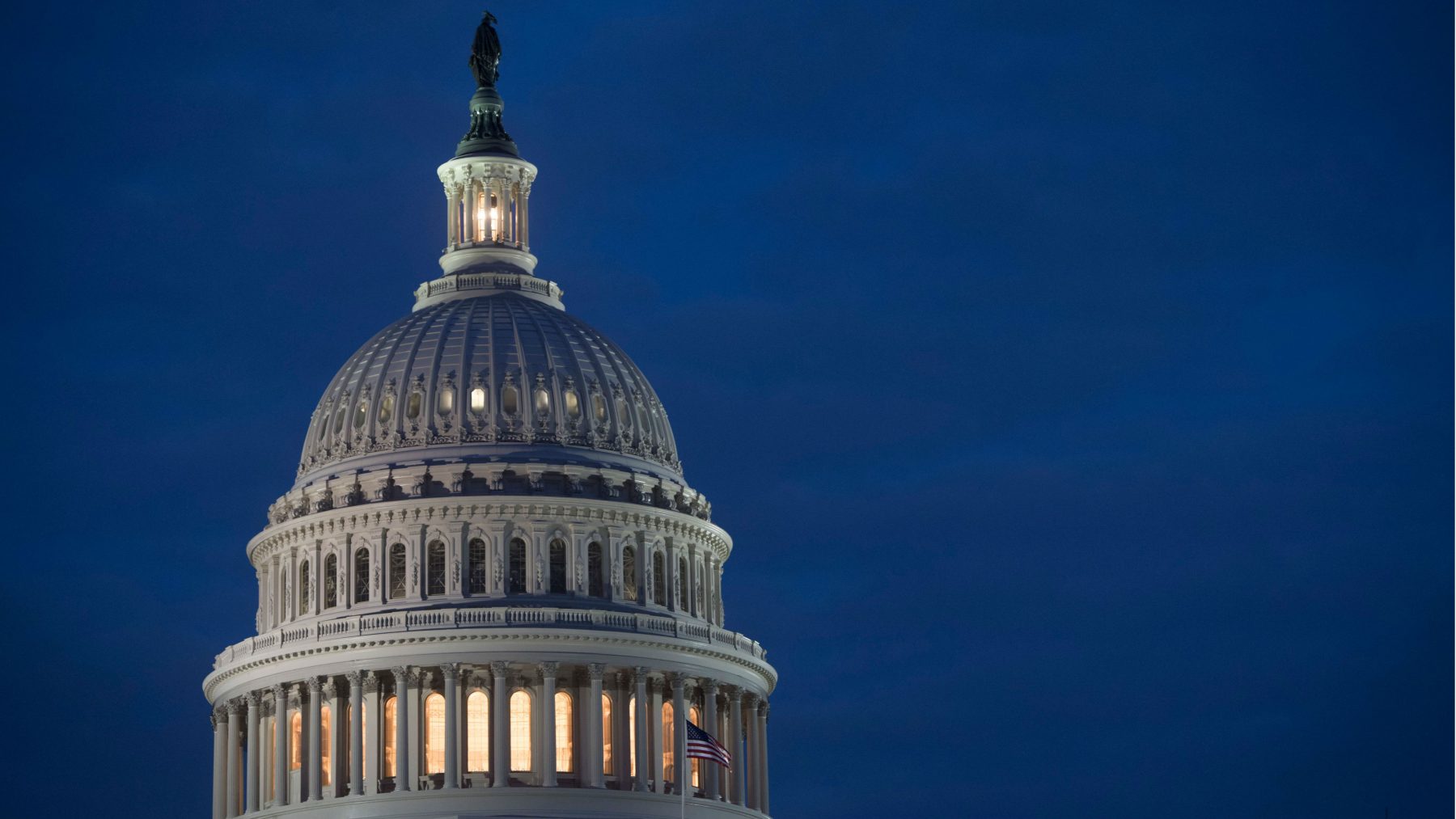
The United States is losing control over the Arctic to Russia and China because it failed to build the ships, ports and other infrastructure it needs to be there. That was the message Arctic experts delivered at a hearing Wednesday in the U.S. House.
Retired admiral Thad Allen, a former Coast Guard commandant, said the country needs to wake up to the strategic importance of the Arctic Ocean and commit more resources to it.
“You don’t have sovereignty unless you can exert it,” he said.
The theme seems to be gaining some national traction. Secretary of State Mike Pompeo said this week the U.S. will conduct more Arctic exercises and expand the Coast Guard to counter Russia and China’s increased activity in the region.
But the House hearing laid bare some of the difficulties the country has in executing a long-range strategic vision.
The United States is finally building a new Coast Guard icebreaker. Still, there’s no port in the U.S. Arctic where it can dock. The discussion at the hearing focused on a possible port expansion at Nome. The Army Corps of Engineers has been studying the idea for years and expects to publish a feasibility report soon.
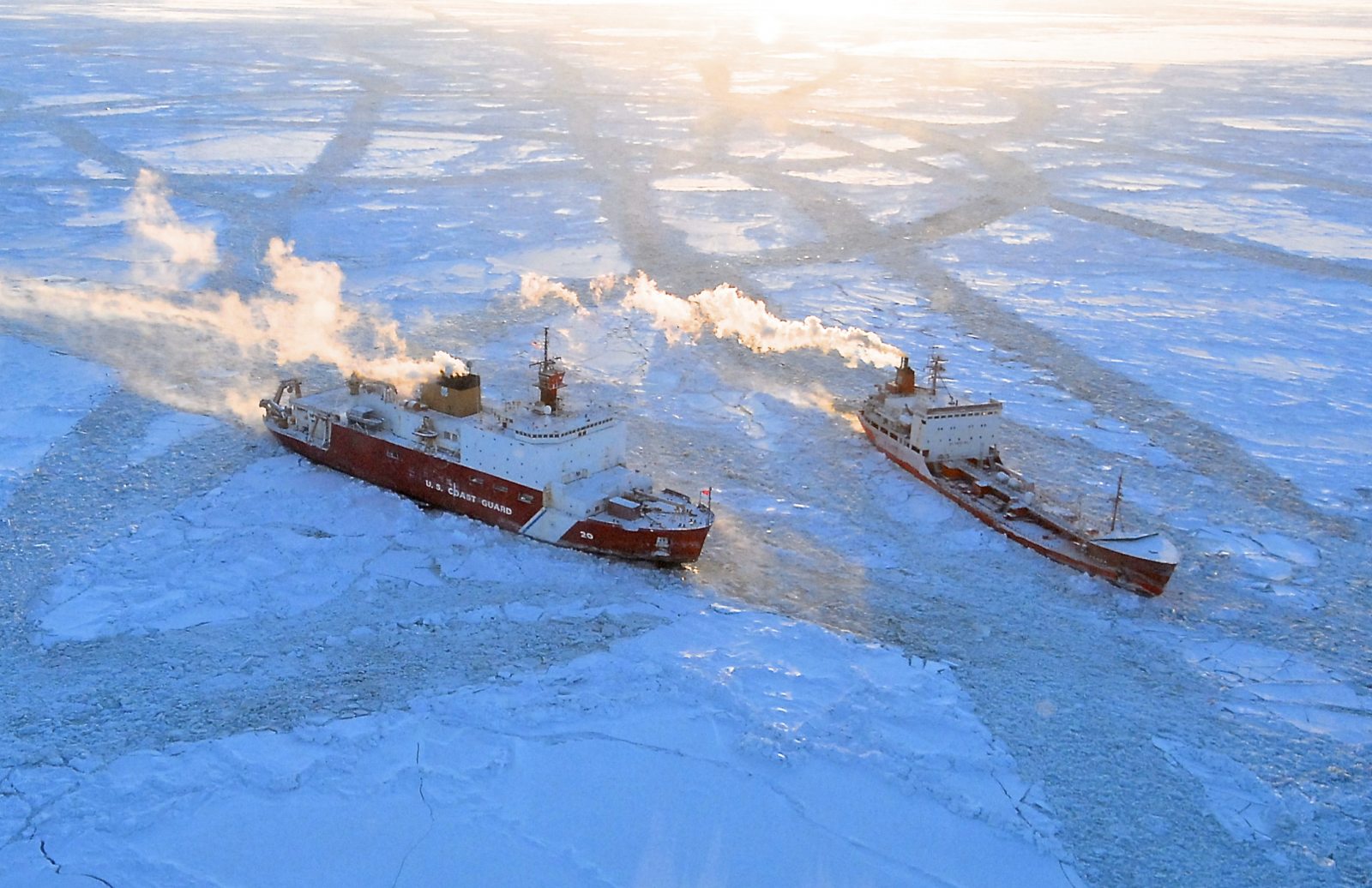
A slow process
For those who want to see the country make big Arctic strides, the proposal may not live up to expectations.
Col. Phillip Borders, commander of the Corp’s Alaska district, told the committee the Corps is considering dredging the 22-foot Nome port but only to a depth to better serve the ships that go there now.
“It’s the assessment of the vessels that use that facility normally, and that’s where we come up with the – between the 30- and the 40-(foot depth),” he said.
“Right but we’ve got a dynamic situation, don’t we, colonel? You’d agree?” Rep. Sean Maloney, D-N.Y., pressed. He suggested the port needs to be at least 45-feet, the depth needed for larger Coast Guard and Navy ships.
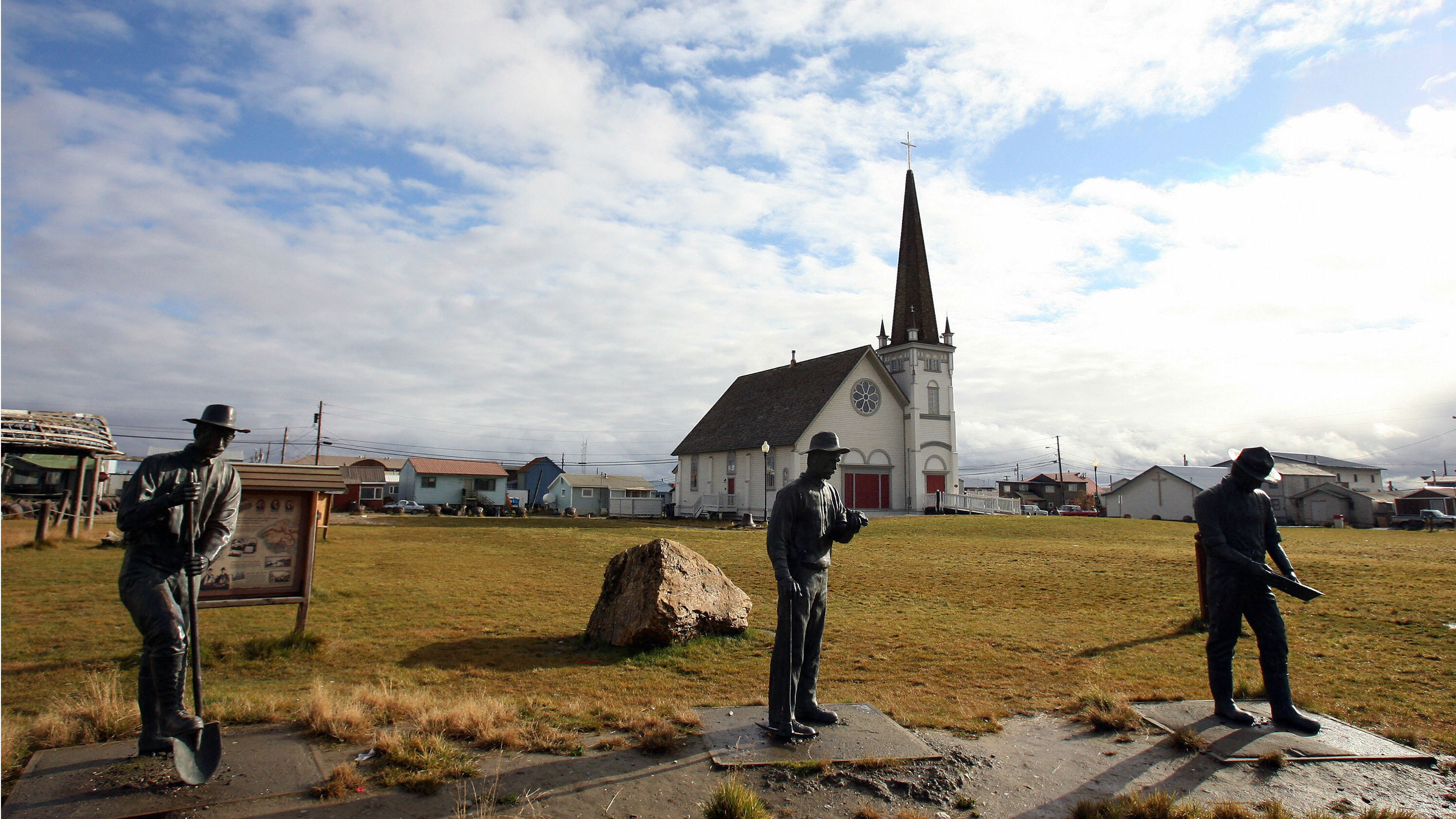
“The whole point of what we’re talking about today is the emerging re-examination of the Arctic, of developing a strategic plan, of keeping up with the great power competition,” Maloney said. “It’s not going to be enough to just service the vessels who are using it now. Isn’t that fair to say?”
Borders said his authority is limited: the money Congress gave for the study was from a civilian account, not military construction.
“I understand the 45-foot depth but that’s for another organization,” Borders said. “If they want, they have that capability there.”
If he meant a branch of the military would step in to pay for the project, that’s unlikely.
Retired Admiral Allen said no agency can afford to dedicate a chunk of its budget to improving the port at Nome.
Related stories from around the North:
Canada: More assertive U.S. Arctic policy puts Ottawa and Washington on collision course, Radio Canada International
Finland: U.S. stuns audience by tongue-lashing China, Russia on eve of Arctic Council ministerial, Eye on the Arctic
Norway: Norway rearming in Arctic to face new security landscape, The Independent Barents Observer
Russia: Quick progress on Russian upgrades to High Arctic airbase, The Independent Barents Observer
Sweden: Nordic leaders stand united as they sit with Putin in Russia, The Independent Barents Observer
United States: Pentagon warns of risk of Chinese submarines in the Arctic, Radio Canada International

